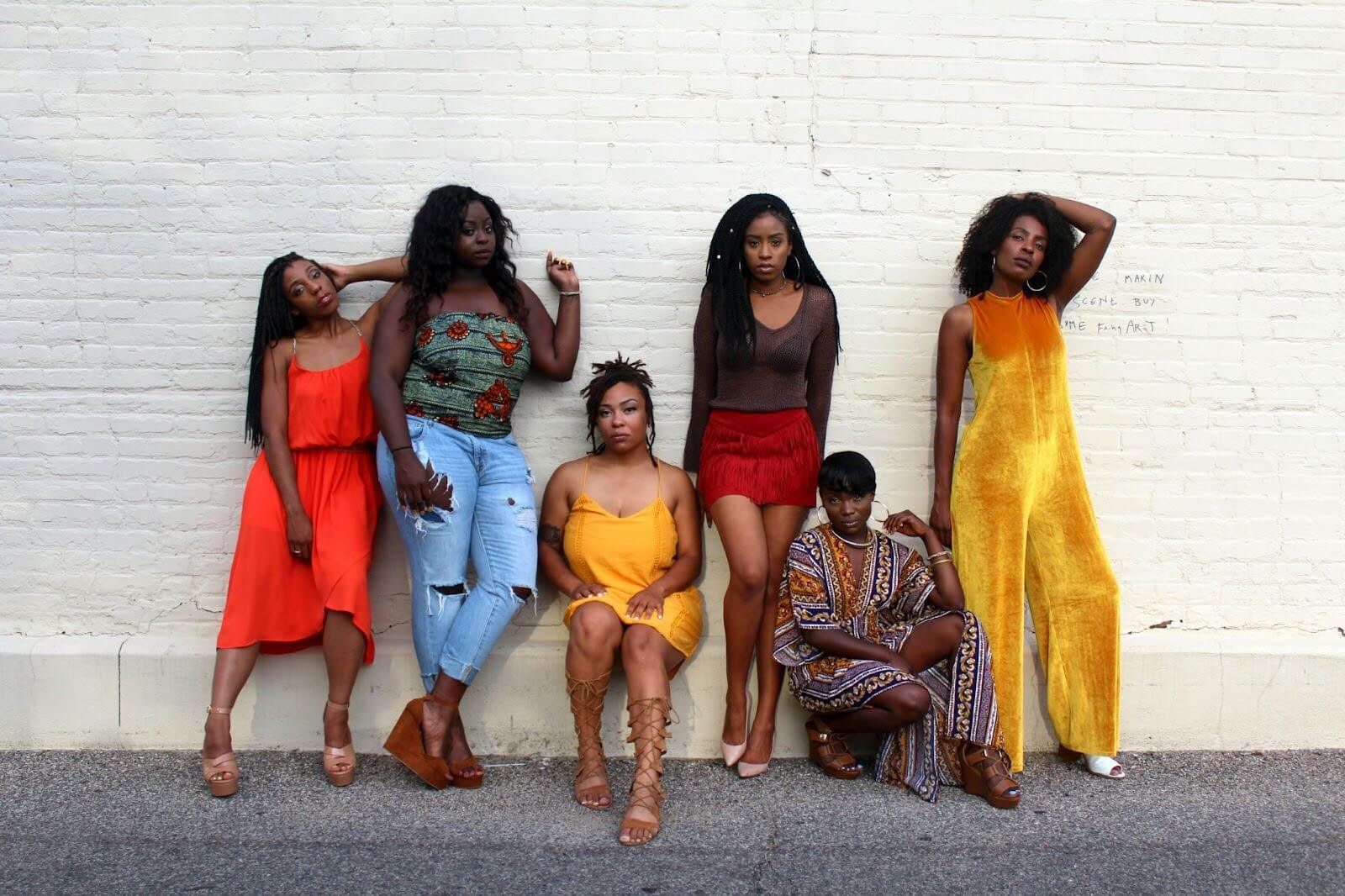Real Stories, Real Influence, Real Africa

By Albert Makoeng
As brands venture into the African market, many are discovering a fundamental truth: you can't buy authenticity; you must earn it. At theSalt, we’ve traveled far and wide across the continent to deepen our understanding of African influencers, and it’s become clear that storytelling is the key to building real, lasting connections. Whether we’re connecting with consumers in the buzzing digital hubs of Kenya or amplifying the creative voices of Nigeria, we’ve seen firsthand how powerful these stories are.
Africa is not just emerging — it’s leading the charge in the digital revolution. By 2025, the continent’s digital economy is expected to hit $180 billion, driven largely by its energetic and entrepreneurial youth. This is a market brands cannot afford to overlook. However, making an impact here isn’t about simply showing up; it’s about telling the right story.
The power of influence in Africa lies in the hands of modern-day storytellers. Our influencers don’t just promote products — they share lives, experiences, and truths.
This cultural tradition of storytelling has long been the way we pass down values, preserve heritage, and build connections across generations. Today, creators have traded fireside tales for Instagram posts and TikToks, but the essence remains the same: connection, credibility, and truth.
A Digital revolution led by youth
Africa's youth are not just embracing technology — they’re redefining it. They are creating entirely new paradigms, blending entrepreneurial spirit with community-driven engagement. These influencers are turning mobile-first media into dynamic spaces for commerce, activism, and cultural expression. Their ability to integrate social issues and commerce into their storytelling is unmatched.
Brands that take a cookie-cutter approach to Africa will miss the mark. What works in other regions might not resonate here. To influence in Africa, you must invest in real relationships and real stories.
Building trust through authenticity
Authenticity is everything. At theSalt, we have helped global brands like Unilever, Coca-Cola, and PepsiCo connect with local creators across Africa. These campaigns weren’t just about selling a drink — they became part of the daily lives and cultural conversations happening in these regions. African youth, being digital-first, drive these conversations forward.
For brands, it’s not about reaching the widest audience, but about creating the most authentic connections. This is where African influencers excel. It’s not the loudest or glossiest voice that stands out, but the most trusted.
Cultural context is a strategic asset
Africa’s cultural diversity is a huge asset for brands willing to take the time to understand it. From Ethiopia to Mozambique, each country offers its own unique blend of traditions, values, and digital habits. As Jhene Nel, our Divisional Head of Sales at theSalt, often says, “In Africa, context is everything. It’s not just about reaching the audience; it’s about speaking their language, respecting their customs, and weaving your brand’s story into the local narrative.”
By embracing regional nuances, brands can embed themselves into the cultural fabric of the continent. This cultural fluency is what separates campaigns that resonate from those that fall flat.
Winning the digital game in africa
There’s a reason why brands like Unilever in Nigeria and Ghana have turned to theSalt. In Africa, storytelling goes beyond promotion — it’s a narrative woven into daily life. Campaigns that resonate here must reflect this deep-rooted tradition, capturing hearts and making products more than just something to buy — but something to believe in.
6 key influencer marketing techniques for African reach
Here are some of theSalt’s most trusted techniques to optimise your brand’s reach in Africa:
- Leverage Local Voices: Engage those rooted in their communities. The most trusted influencers understand their audience's daily lives.
- Focus on Real Fans: It’s not about big names — it’s about proximity to the source of influence. Use real fans to build genuine trust.
- Don’t Aim for One-Size-Fits-All: Africa is a continent of diverse cultures. Work with influencers who can tell your story in a way that resonates locally.
- Embrace Vernacular Content: Africa’s linguistic diversity is a strength. Influencers who create content in local languages connect more deeply with their audience.
- Utilise Mobile-First Marketing: Africa is a mobile-first continent. Ensure your campaigns are optimised for mobile, from vertical videos to mobile-friendly platforms.
- Adapt to Emerging Trends: Social commerce is on the rise. Influencers who combine storytelling with shoppable posts or livestream commerce can drive both engagement and conversions.
In Africa, trust is currency, and those who control trust control the conversation. It’s why creators — not brands — are shaping the media landscape.
Find this content useful? Let's connect.
Building real connections with your audience starts with you and theSalt lets chat

Albert Makoeng
Albert is a seasoned performance Influencer Marketing expert with 16 years of experience in marketing, media, digital advertising & sponsorship. Albert has held senior positions at DStv, BBC, ESPN and led teams across 20 African markets.